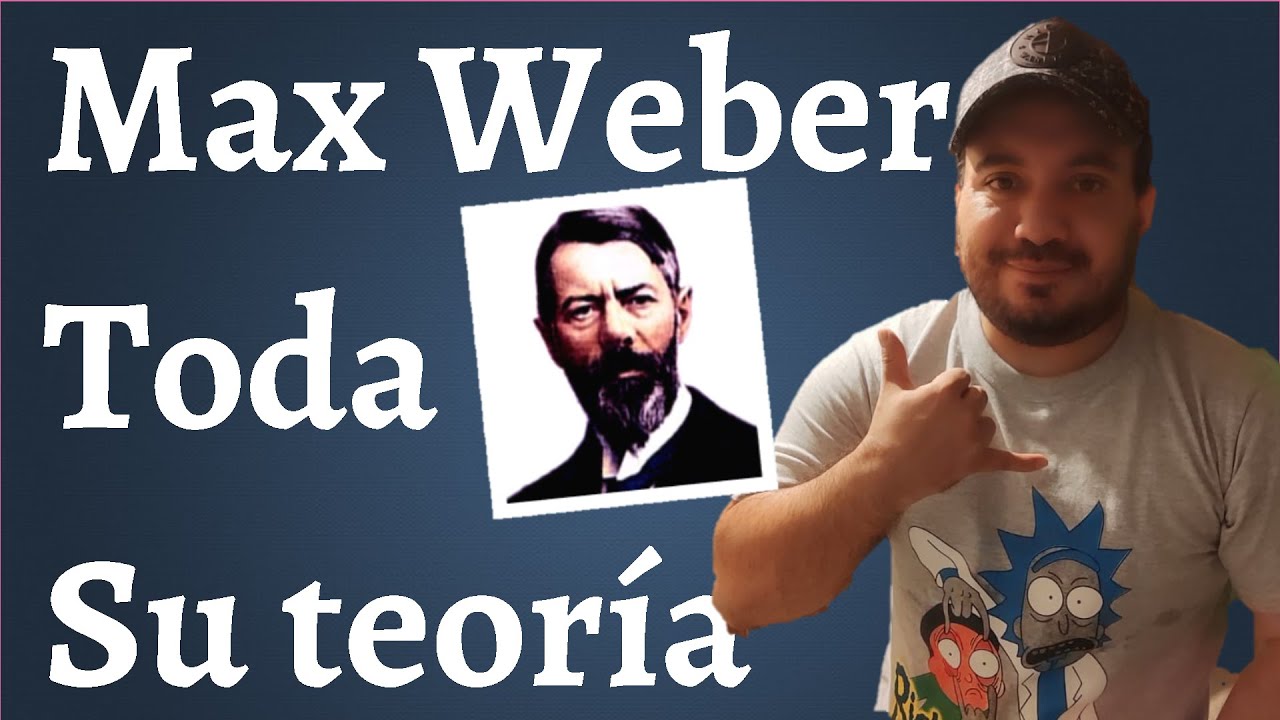Social Action Theory Explained: Understanding Weber's Contributions
Summary
TLDRThis video explores social action theory, focusing on Max Weber's perspective, which contrasts with structural theories. While structural theories view behavior as determined by large-scale structures, social action theories emphasize individual agency and meaning. Weber's theory, illustrated through his work on Calvinism and capitalism, highlights how subjective meanings influence behavior. He identified four types of social action: instrumental rational, value rational, traditional, and effectual. The video also discusses critiques of Weber's theory, especially regarding shared meanings and the difficulty of truly understanding others' perspectives.
Takeaways
- 😀 Structural theories are macro-level, deterministic, and view individuals as passive puppets controlled by social structures.
- 😀 Action theories are micro-level, voluntaristic, and emphasize human agency and free will in small-scale interactions.
- 😀 Max Weber's social action theory combines an understanding of both objective social structures and subjective meanings.
- 😀 Weber believed that to understand behavior, one must consider both the external social causes and the personal meanings people assign to their actions.
- 😀 In *The Protestant Ethic and the Spirit of Capitalism*, Weber showed how Calvinism promoted a work ethic that led to the rise of modern capitalism.
- 😀 The four types of social action identified by Weber are: instrumentally rational, value rational, traditional, and effectual actions.
- 😀 Instrumentally rational action involves striving for the most efficient way to achieve a goal, even if the goal itself is not desirable.
- 😀 Value rational action is behavior motivated by the desire to reach a goal that is seen as valuable in itself, such as praying for spiritual rewards.
- 😀 Traditional action is based on customs or routines and may not be rational, such as attending church out of habit.
- 😀 Effectual action expresses emotions, like crying due to grief, and is important in religious groups with charismatic leaders.
- 😀 Alfred Schutz critiqued Weber's theory, noting that it doesn't explain why people share common meanings and the limits of truly understanding another person’s perspective.
Q & A
What is the main difference between structural and action theories?
-Structural theories focus on large-scale social structures and are deterministic, suggesting individuals are controlled by social forces. In contrast, action theories emphasize small-scale interactions, viewing individuals as possessing agency and free will.
What are some examples of structural theories?
-Examples of structural theories include Functionalism and Marxism, which view society as a system shaped by large-scale forces and structures.
What are the key features of action theories?
-Action theories are micro-level theories that focus on small-scale interactions. They are voluntaristic, meaning they believe people have the ability to make choices and exercise free will in their behavior.
Who is Max Weber, and what is his contribution to social action theory?
-Max Weber (1864–1920) was a sociologist who developed social action theory, which combines an understanding of both social structures and individual actions. His work emphasized the importance of both objective social structures and subjective meanings in shaping human behavior.
How did Weber explain the rise of capitalism in his book 'The Protestant Ethic and the Spirit of Capitalism'?
-Weber argued that the Calvinist work ethic promoted a worldview where success in work was seen as a sign from God. This religious meaning led Calvinists to work systematically, contributing to the development of modern capitalism.
What are the four types of action identified by Max Weber?
-The four types of action identified by Weber are: 1) Instrumentally Rational Action, 2) Value Rational Action, 3) Traditional Action, and 4) Effectual Action.
What is instrumentally rational action, and can you provide an example?
-Instrumentally rational action refers to behavior aimed at achieving a goal in the most efficient way, regardless of whether the goal is desirable. For example, paying low wages to maximize profit is an instrumentally rational action.
What does value rational action involve?
-Value rational action involves behavior directed toward a goal that is valued for its own sake, such as praying to achieve spiritual salvation.
What is traditional action, and can you provide an example?
-Traditional action is behavior driven by custom or routine rather than rational thought. An example is attending church on Sunday simply because it is a tradition.
What is effectual action, and how does it relate to emotion?
-Effectual action is driven by emotions or feelings. An example would be crying due to grief, often seen in religious contexts with charismatic leaders.
What criticism did Alfred Schütz make regarding Weber’s social action theory?
-Alfred Schütz criticized Weber’s theory for not explaining why people share meanings. For instance, Weber didn’t address how we know what someone means when they raise their hand to say 'hi'. Schütz also questioned the possibility of truly understanding another person’s perspective.
Outlines

This section is available to paid users only. Please upgrade to access this part.
Upgrade NowMindmap

This section is available to paid users only. Please upgrade to access this part.
Upgrade NowKeywords

This section is available to paid users only. Please upgrade to access this part.
Upgrade NowHighlights

This section is available to paid users only. Please upgrade to access this part.
Upgrade NowTranscripts

This section is available to paid users only. Please upgrade to access this part.
Upgrade Now5.0 / 5 (0 votes)





